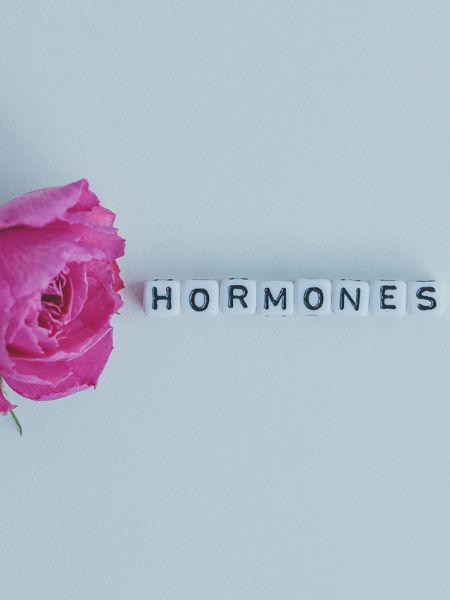
It was a moment of sheer frustration. Maria stood in her bathroom, staring at the number on the scale as if sheer willpower alone could make it budge. She had been trying everything — counting calories, cutting carbs, ramping up her workouts — yet here she was, weeks in, with no results to show for her effort. If anything, her clothes felt tighter, her energy was lower, and the cravings? Let’s just say they’d become a permanent fixture in her life. Little did she know, the real issue might be tied to hormones for weight loss.
“What’s wrong with me?” she muttered under her breath.
If Maria’s story resonates with you, you’re not alone. For many women, especially those in their 30s, 40s, and 50s, weight gain can feel like a cruel twist of fate. But the culprit often isn’t just about calories in versus calories out. The real issue might be hiding in plain sight: your hormones. Specifically, the ones most critical for weight loss.
What’s Hormones Got to Do With It?
Hormones are the body’s messengers, controlling countless processes like metabolism, appetite, and fat storage. But when these messengers are out of balance, achieving weight loss can feel next to impossible.
For women, key hormones for weight loss include estrogen, cortisol, insulin, and thyroid hormones. Let’s focus on the ones that can have the most significant impact:
Why Hormonal Imbalance Makes Weight Loss Harder
Let’s break it down:
- Increased Fat Storage: Hormonal imbalances can signal your body to store more fat, particularly in areas that are harder to lose, like the belly and upper arms.
- Slower Metabolism: Changes in thyroid hormones and muscle mass reduction—often linked to aging and hormonal shifts—can slow down your metabolism.
- Cravings and Hunger: Imbalances in insulin and cortisol can lead to blood sugar spikes and crashes, making you feel hungrier and more prone to cravings.
- Sleep Disruptions: Poor sleep, often linked to hormonal imbalances, can disrupt hunger-regulating hormones like ghrelin and leptin, making weight loss even tougher.
The Emotional Toll of Hormonal Weight Struggles
Maria’s story isn’t just about the physical challenges of weight gain. It’s about the emotional rollercoaster that comes with it. Feeling like your body is betraying you can be incredibly disheartening. The frustration, the shame, the sense of failure — it’s enough to make anyone want to throw in the towel.
But here’s the thing: It’s not your fault. Your body isn’t broken. It’s simply responding to hormonal changes in a way that’s completely natural, albeit frustrating.
Let’s take a deeper look at women’s hormones and how they contribute to weight gain for women.
I love to use functional lab testing (not traditional blood work) to uncover the root causes of fitness or health struggles.
Hormones are definitely a part of that picture!
If you have been exercising and watching what you eat but not seeing results… Hormones might be to blame.
Women 35-55 need a bit different strategy because YES, hormones shift!
What Hormones Cause Weight Gain in Females?
Here’s what I like to look at:
Insulin
This includes, blood sugar, A1C, and fasting glucose.
If these numbers are high it is going to feel impossible to lose weight. When blood sugar is high – your body is going to use the sugars circulating for energy. NOT your stored fat. We want to address the root causes so we can literally flip the switch and have your body start using its stored fat for fuel.
When this hormone is off, it can look like excess weight around the midsection, feeling tired all day, needing to snack often, having cravings.
Related post: How Long Should You Be In A Calorie Deficit?
Estrogen
Excess estrogen can be seen in a few ways.
You could have high estrogen which is linked to fat gain. You could also have estrogen dominance even if your estrogen levels are “normal” which can lead to high estrogen type symptoms.
Symptoms include:
- Weight gain, especially around the hips, waist, and thighs
- Irregular periods, such as light or heavy bleeding, or worsening PMS
- Fibrocystic breast lumps or tenderness
- Low sex drive
- Depression, anxiety, or fatigue
- Cold hands or feet
- Memory loss
- Insomnia

Progesterone
This hormone is not directly linked to weight gain, however, not having enough can throw someone in estrogen dominance and is more so related to overall sense of wellness. If you have trouble sleeping, anxiety, perimenopause, or PMS symptoms you want to look at your progesterone levels to help bring balance.
Testosterone
Struggling to see muscle definition? Not feeling super motivated? Feeling like you lack a “get up and go” mentality? Low testosterone could be the culprit. I love to run a functional lab to see where you can support healthier levels to get you feeling that spark again (and seeing some muscle tone).
Thyroid
One of the most common things we see in our coaching practice is women with subclinical hypo or low thyroid. And it’s often missed by Western medicine doctors…
Your thyroid is your master metabolism regulator – so when this hormone is off you will have a difficult time losing weight.
Common symptoms of low thyroid are:
- Fatigue even with good sleep
- Weight gain and difficulty losing weight
- Always cold
- Cold hands and feet
- Joint and muscle pain
- Dry skin
- Hair thinning or falling out
- Heavy or irregular menstrual problems
- Infertility
- Constipation
- Slowed heart rate
- Depression
To check your thyroid function you’ll want a full thyroid panel including: TSH, Total T4, Total T3, Free T4, Free T3, Reverse T3, TPO, TBG
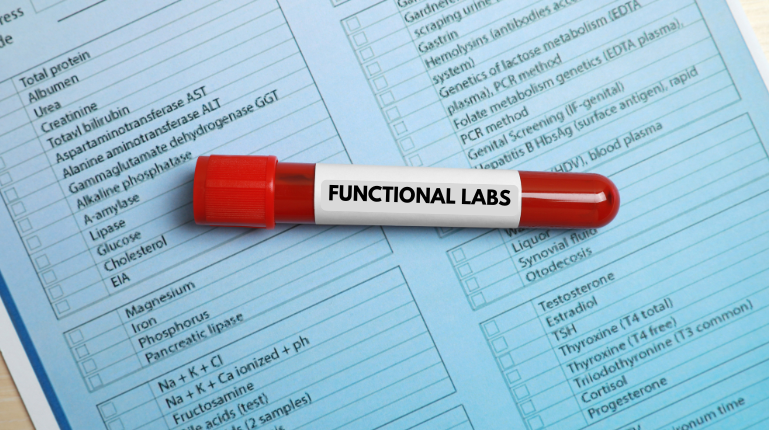
Cortisol
Have you ever tried going into a calorie deficit and it backfired? This is for you…
Too high or too low cortisol can be a real problem for someone trying to lose fat. Cortisol is our stress hormone, and when released in the body, it actually can feel pretty good – cortisol decreases pain and inflammation. Still, it does so at the cost of breaking the body down.
If not managed, cortisol can get shunted to body fat storage and is directly linked to visceral fat storage, AKA belly fat.
When cortisol gets called in too often (AKA you’re too stressed even if you don’t realize it), the body doesn’t get time to recover and repair itself. This is where we see hormones going haywire. Too high cortisol is a sign of too much stress. Over time the body becomes a weakened host, susceptible to infections. Then, these infections cause internal stress too and can also contribute to weight gain.
When you start seeing more pesky symptoms like headaches, migraines, fatigue not received by sleep, skin issues like acne, eczema, rashes, joint pain, inability to lose weight or rapid weight gain, autoimmune disease (many are driven by gut issues) and so many others, it’s time to run some functional labs.
As Functional Nutrition Practitioners, we do this in our 1:1 coaching program – to learn more if this is right for you, book a free Metabolism Breakthrough call with me.
Over time, we can’t keep up with the demand of stress (internal and external), and our HPA axis become “burned out” (previously called adrenal fatigue).
Too low cortisol might indicate the body can no longer make enough cortisol to handle the stress that life throws at them or hidden internal stressors causing unseen problems but felt with symptoms.
When the body is under this significant stress, losing weight is an uphill battle and often, going into a calorie deficit can cause the opposite effect – more weight gain!
RELATED: The Real Reason You Are Working Out But Gaining Weight, Solved
So there you have it… That’s the breakdown of estrogen and weight gain and how hormones can absolutely contribute to weight loss resistance and inability to lose fat.
So, What Can You Do About It?
Understanding the role of hormones for weight loss is the first step. Once you know what you’re up against, you can take targeted action to get your body back on track. In the next sections of this post, we’ll dive into practical strategies for rebalancing these hormones, including:
- Functional lab testing – look beyond traditional blood work and get actionable insights to restore hormonal balance
- Balancing your blood sugar with smarter meal planning
- Incorporating workouts that support hormone health
- Stress management techniques that calm cortisol (another sneaky weight-gain culprit)
- Addressing gut dysfunction (whether you think you have gut issues or not)
- Supplements and lifestyle tweaks that can make a difference
If you’re ready to stop fighting your body and start working with it, stick with me. Together, we’ll rewrite the script on what’s possible for your health and your waistline. START HERE – it’s FREE!
The first step in a hormone balancing journey is to TEST. But not what you think… See hormone balance is the canary in the coal mine to what’s really going on in the body.
“All disease begins in the gut” – Hippocrates. Simply put, we cannot balance your hormones without addressing the gut first. Think of it this way. If estrogen is low, just adding estrogen is a band-aid solution. We need to figure out WHY it’s low, what’s driving the odd levels.. That’s why I recommend functional lab testing.
Learn more about our Comprehensive Gut Health Analysis that gets to the root cause of symptoms by booking a call here.
If you’re ready to support your hormones with simple, nourishing changes, I created a FREE 5 Day Clean Eating Challenge just for women like you. It’s an easy, doable way to start feeling more balanced, energized, and in control of your body again.
Related posts:
Cortisol and Weight Gain – Lose the Belly For Good
I Have No Motivation To Exercise (Solved)
5 Reasons Why I Hired A Nutrition Coach (Even Though I’m Healthy)
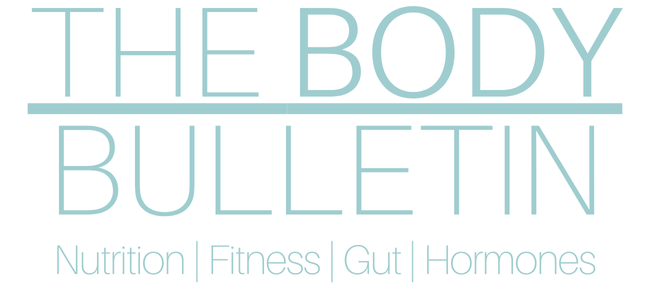
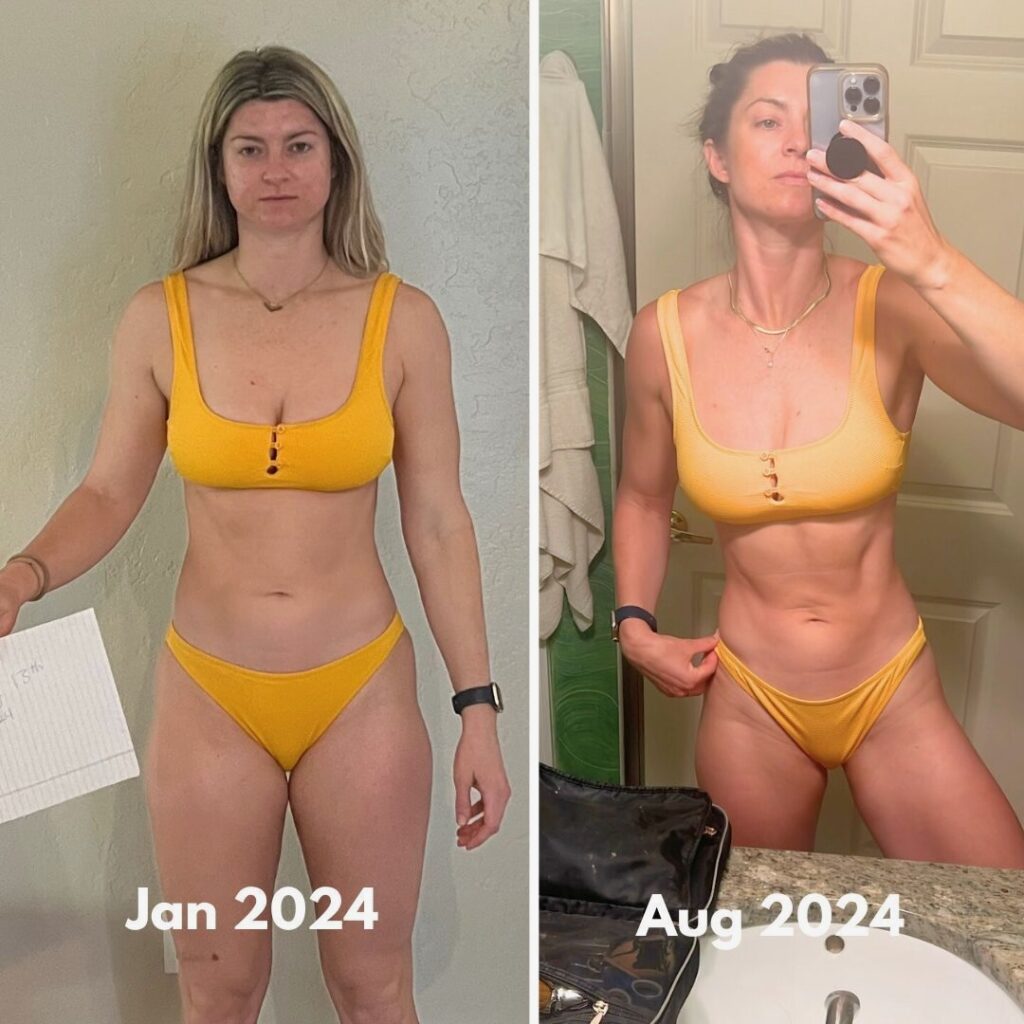

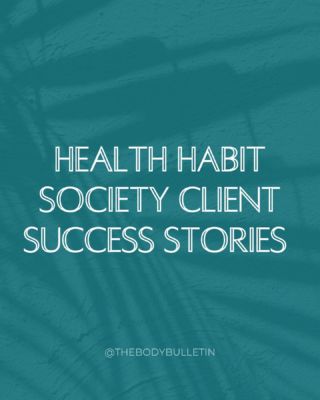



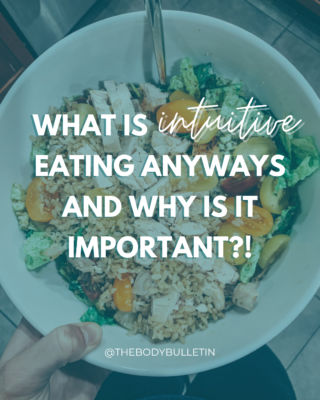
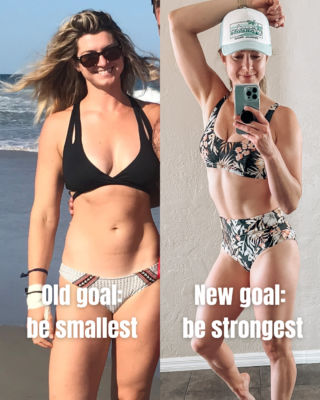
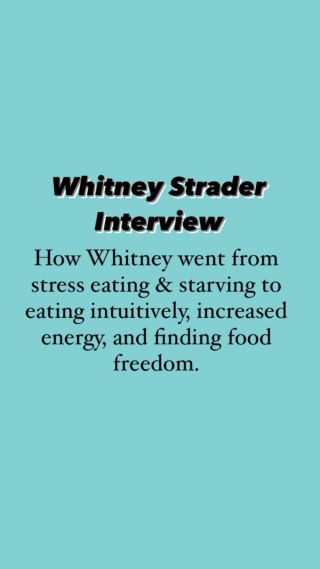
Leave a Reply